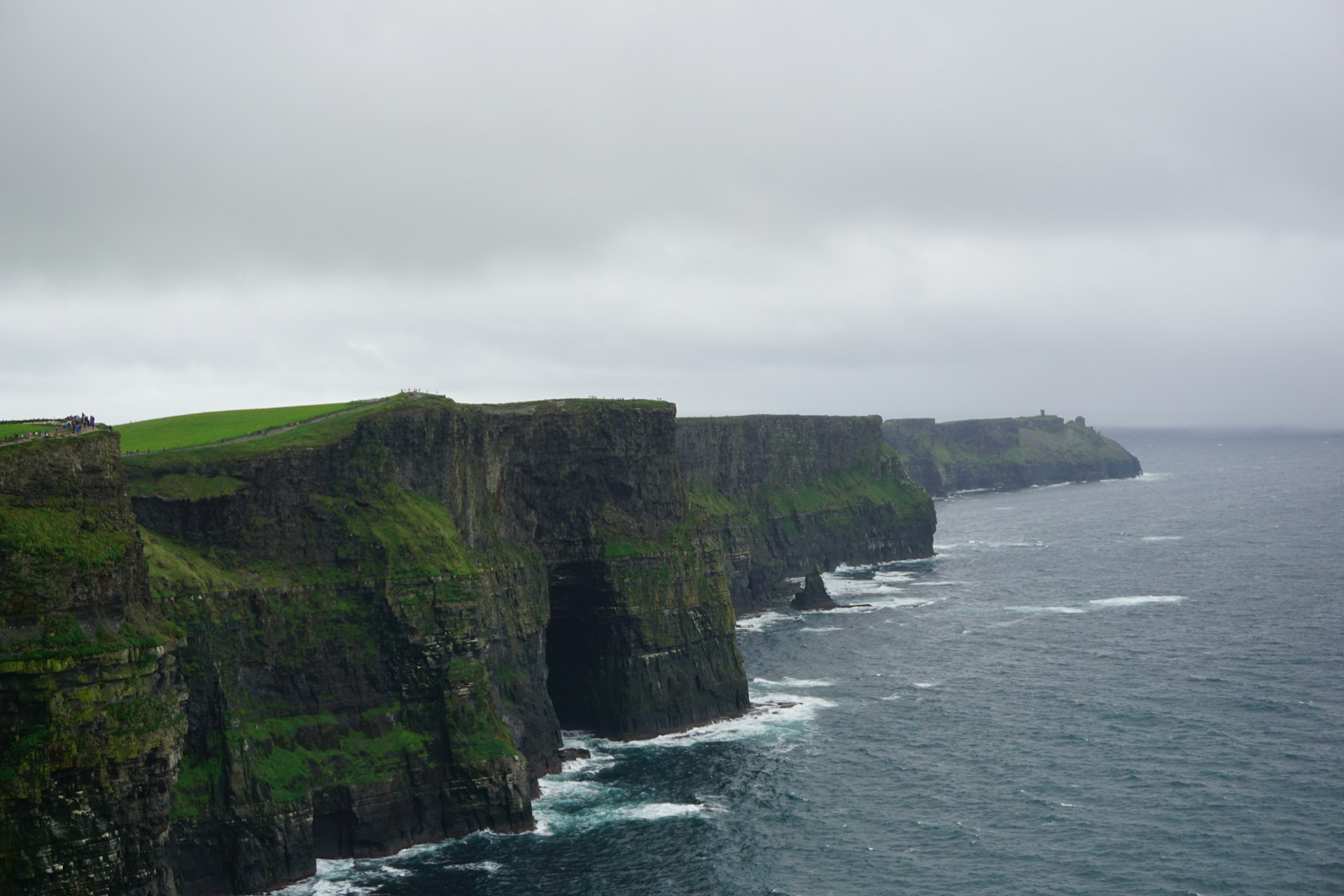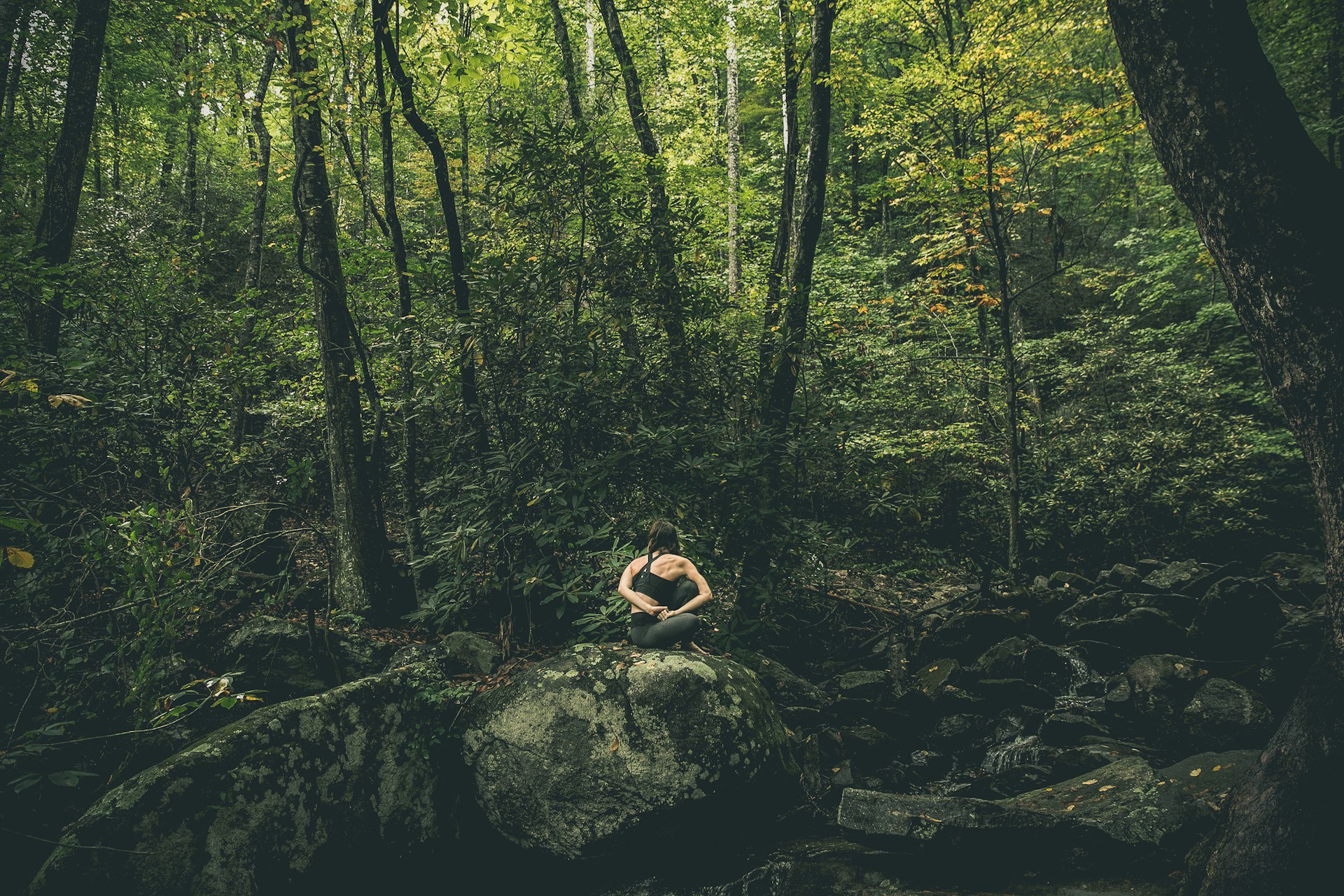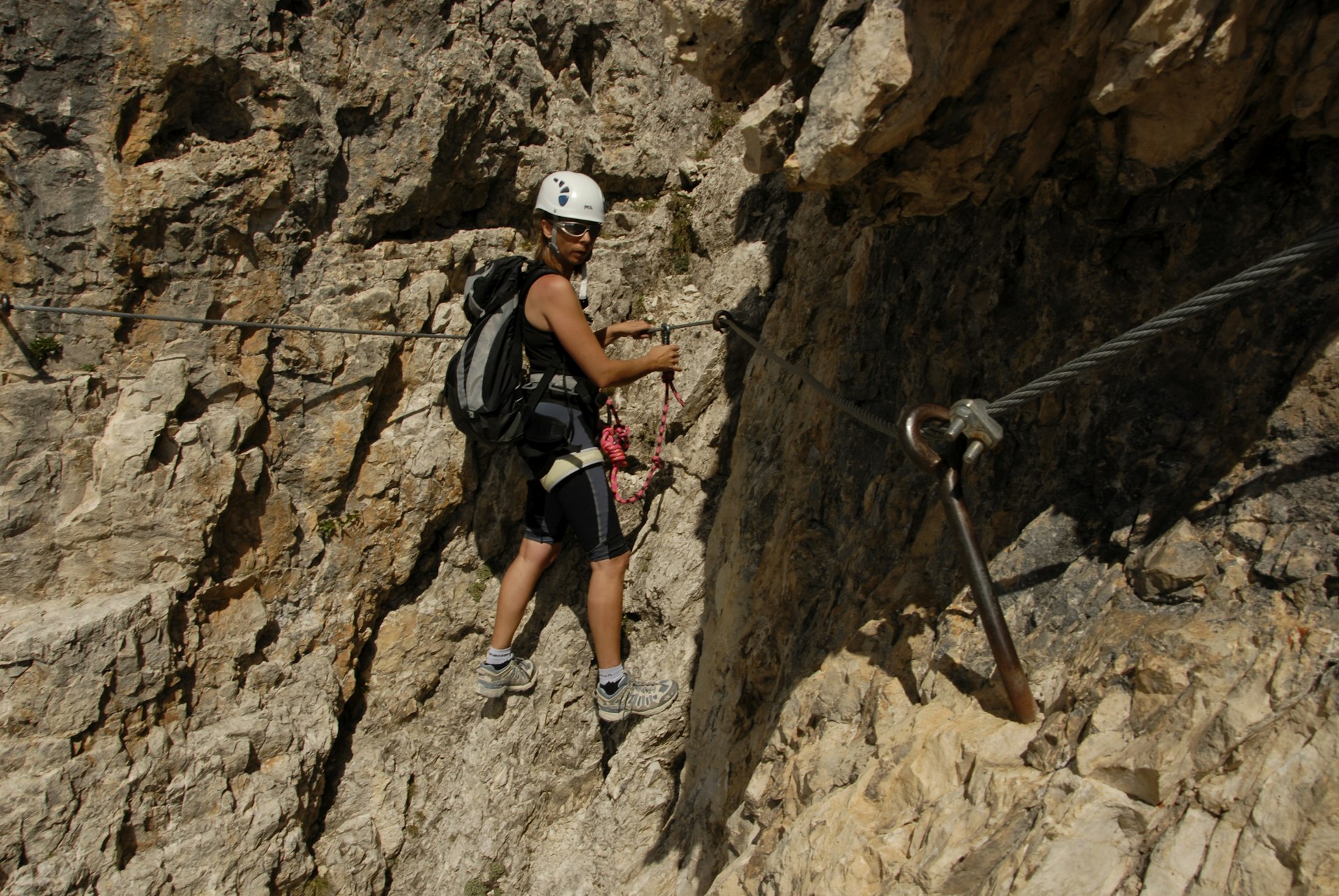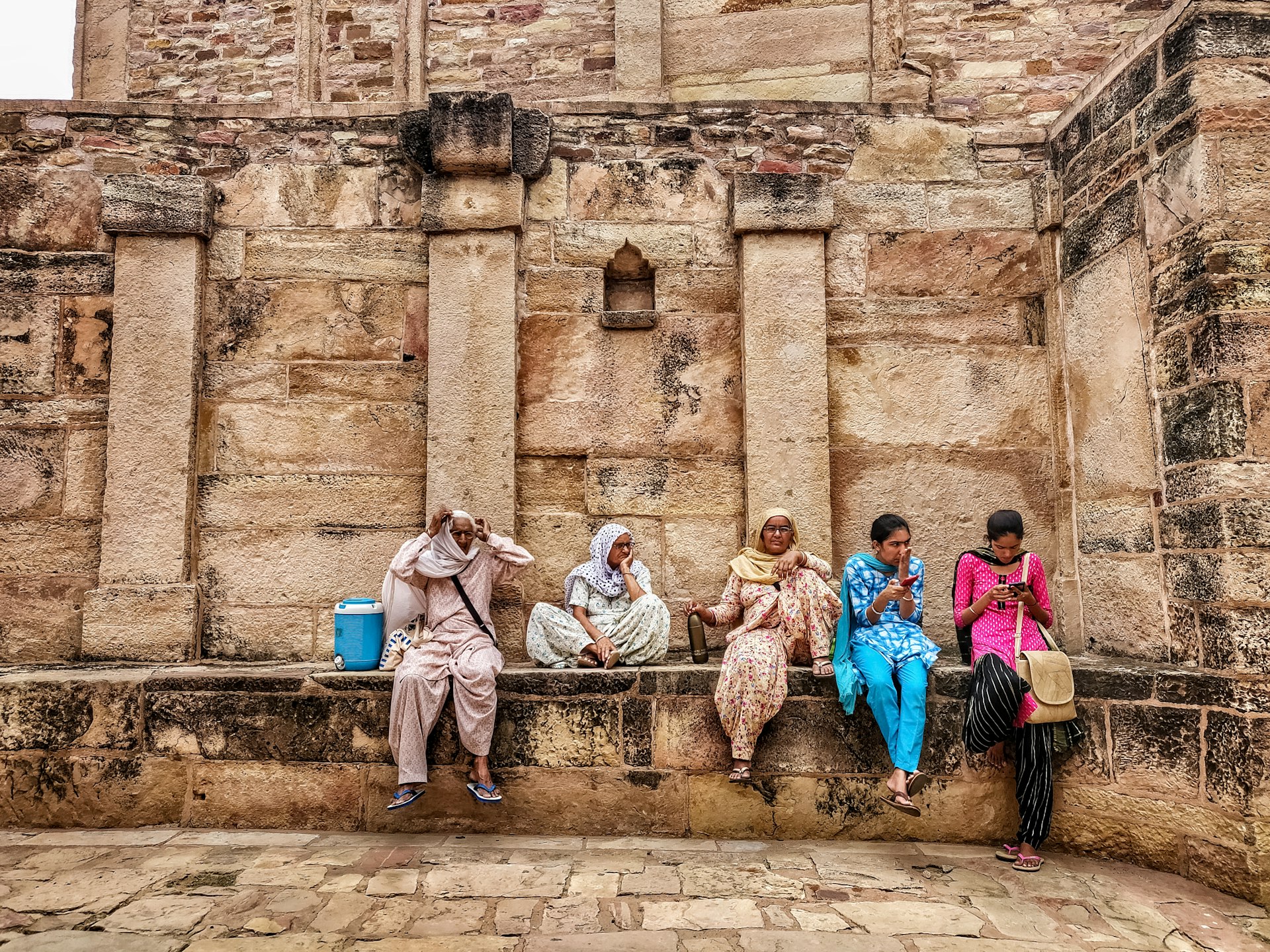Discover the World’s Most Inspiring Off-Grid Travel Destinations

Photo by Etienne Girardet on Unsplash
Introduction: Embracing Off-Grid Travel
For travelers yearning to escape crowded cities and constant connectivity, off-grid travel destinations offer peace, adventure, and authentic cultural encounters. These journeys are about more than scenery-they promise solitude, self-reliance, and immersion in nature or remote communities. In this guide, you’ll find detailed guidance on reaching unique, off-the-beaten-path places, what to expect, and how to plan your own unforgettable escape. All recommendations are based on current, verified sources and actionable steps to help you go beyond the ordinary.

Photo by Ling App on Unsplash
What is Off-Grid Travel?
Off-grid travel means visiting locations that are physically isolated, lack mainstream infrastructure, or require you to disconnect from digital life. This often involves areas with limited internet, phone signals, and tourist amenities. The result is a rare chance to experience the world on its own terms-whether hiking, sailing, or living like a local in a remote community. Many travelers seek these experiences to recharge mentally, reduce stress, and gain perspectives unavailable in mainstream tourist hotspots.
Top Off-Grid Travel Destinations (with Real-World Examples)
1. Siwa Oasis, Egypt
Located deep in Egypt’s Western Desert, Siwa is famed for its ancient Berber culture, palm groves, and salt lakes. With limited road access and traditional mud-brick architecture, Siwa offers a glimpse into a world where time slows down. Activities include sand dune exploration, bathing in natural springs, and sampling local dates. Reaching Siwa typically involves a long drive from Cairo, organized by reputable tour operators familiar with desert conditions. You can find reliable guides by searching for “Siwa Oasis eco tours” or contacting established Egyptian travel agencies.
2. Höga Kusten, Sweden
Sweden’s High Coast is renowned for dramatic cliffs, dense forests, and endless hiking trails. This UNESCO World Heritage site is sparsely populated and offers both rugged wilderness and cozy guesthouses. To visit, travelers can fly to Stockholm, then take a train or bus to the region. Outdoor enthusiasts can hike the Höga Kusten Trail, camp along the way, or stay in local cabins. For official hiking maps and information, visit Sweden’s national tourism board or search for “Höga Kusten hiking official site.”
3. Kangaroo Island, Australia
This island off South Australia’s coast is accessible by ferry and known for its wild beaches, unique wildlife, and sustainable lodges. Nearly half of the island is protected, offering a sanctuary for kangaroos, seals, and rare birds. Visitors can book eco-lodges or camp in national parks. The South Australian Tourism Commission provides up-to-date ferry schedules and accommodation listings-search for “Kangaroo Island official tourism” for details.
4. Laikipia Plateau, Kenya
Kenya’s Laikipia Plateau offers private conservancies teeming with wildlife and far from safari crowds. Guests can stay at eco-friendly lodges and participate in conservation efforts or guided walking safaris. To plan a visit, work with reputable Kenyan safari companies or consult the Kenya Tourism Board for a list of licensed operators. Many lodges are committed to community-based tourism and conservation, making this an excellent choice for responsible travelers [1] .
5. Kornati National Park, Croatia
Comprising 89 islands, Kornati National Park offers some of Europe’s most untouched landscapes. With only a handful of permanent residents, the area is perfect for sailing, snorkeling, and birdwatching. Most visitors charter boats from Zadar, and overnight stays are possible on select islands or in eco-friendly guesthouses. For official park rules and booking guidance, consult Croatia’s national park’s website or use search terms like “Kornati National Park visitor information” [2] .
6. Kyrgyzstan: The Heart of Central Asia
Kyrgyzstan is a land of soaring mountains, nomadic traditions, and pristine lakes. The Tien Shan Mountains provide spectacular trekking, horseback riding, and yurt stays with local families. The Kyrgyz Community-Based Tourism Association offers authentic, sustainable experiences, including guided tours and cultural workshops. To book, search for the association by name or inquire through established travel forums focusing on Central Asian adventures [5] .
7. Nihi Sumba, Indonesia
For those seeking luxury far from civilization, Nihi Sumba offers eco-conscious villas, surfing, and cultural immersion on one of Indonesia’s least developed islands. The resort supports local conservation and community projects. Booking is done directly through the resort’s official website or by contacting established Indonesian travel agents. For a unique adventure, guests can participate in horseback excursions, conservation volunteering, or local culinary classes [4] .
How to Plan Your Own Off-Grid Adventure
Planning an off-grid trip requires careful preparation and flexibility. Here are key steps to ensure a safe, rewarding experience:
- Research regulations: Many remote areas have entry restrictions, permit requirements, or seasonal closures. Always consult the official national park, tourism board, or local government site for up-to-date information.
- Book with verified operators: For guided trips, use only licensed, well-reviewed companies. If uncertain, search for destination-specific tourism boards or ask on reputable travel forums for operator recommendations. Be wary of unverified online offers.
- Prepare for limited connectivity: Download maps, emergency contacts, and travel documents before arrival. Carry extra batteries or solar chargers if you need devices for navigation or emergencies.
- Prioritize sustainability: Choose accommodations and tours that clearly state their commitment to environmental and local community support. Look for certifications or partnerships with recognized organizations.
- Pack for self-reliance: Bring weather-appropriate clothing, water filtration, and basic medical supplies. In many off-grid locations, supplies are limited or unavailable.
- Respect local cultures: Learn basic phrases, customs, and etiquette. Engage with local guides and support community-run businesses whenever possible.
Potential Challenges and Solutions
Lack of infrastructure often means unpredictable weather, basic amenities, and tricky transport. Prepare by reading recent traveler reports and contacting accommodations directly for logistical advice. In case of medical emergencies, know the nearest clinic or evacuation procedure-this information is usually provided by official tourism boards or reputable lodges.
Environmental impact can be a concern in fragile ecosystems. Minimize your footprint by following Leave No Trace principles, avoiding single-use plastics, and respecting wildlife. Choose operators who prioritize conservation and community benefit.
Language barriers may occur in remote regions. Download translation apps or phrasebooks, and consider hiring local guides for a smoother, more immersive experience.
Alternative Approaches to Off-Grid Exploration
If international travel isn’t possible, many countries offer off-grid experiences closer to home. For example, in the United States, destinations like Monhegan Island (Maine) and remote areas of Utah provide a similar sense of isolation and natural beauty. Look for state park systems or national forest services for guidance on permits, trails, and sustainable camping options [1] .
For those interested in combining adventure with learning, many remote lodges and eco-camps offer workshops on local crafts, survival skills, or conservation. Search for “eco-lodge workshops” or “off-grid retreats” in your region for more information.
How to Access Off-Grid Destinations: Step-by-Step
- Identify your preferred destination and season of travel. Use official tourism board websites or established travel guides for initial research.
- Check visa, permit, and health requirements by searching the destination country’s government portals or embassy resources.
- Book travel with verified providers. For remote regions, this may involve a combination of flights, ferries, or overland transport. Contact local tourism boards for accurate transportation options.
- Secure accommodations through official park services, direct lodge contact, or reputable booking platforms. Avoid unverified listings, especially for remote areas.
- Arrange for local guides or tours if needed-especially for activities like trekking, wildlife watching, or cultural immersion.
- Pack appropriately, following official packing lists from park authorities or tour operators.
- Inform a trusted contact of your itinerary and expected return. Many remote regions require travelers to register with local authorities for safety.
Key Takeaways
Off-grid travel is a powerful way to reconnect with nature, find solitude, and experience cultures rarely touched by mass tourism. By prioritizing sustainability, working with verified operators, and preparing thoroughly, anyone can plan a safe and transformative adventure. For more information, always consult official tourism boards, government travel advisories, and established travel guides. Remember, the journey is as much about preparation and mindfulness as it is about the destination itself.
References
- [1] GetYourGuide (2024). 7 Best Places To Go Off Grid Across The Globe.
- [2] Jacada Travel (2024). Remote Travel Locations Around the World.
- [3] World of Wanderlust (2024). Get off the grid: 12 epic escapes to switch off from reality.
- [4] Net-a-Porter (2024). 9 sensational secluded destinations for an off-grid adventure.
- [5] Just Go Exploring (2024). 23 Epic Off-The-Beaten-Path Travel Destinations.
MORE FROM visa4visit.com













